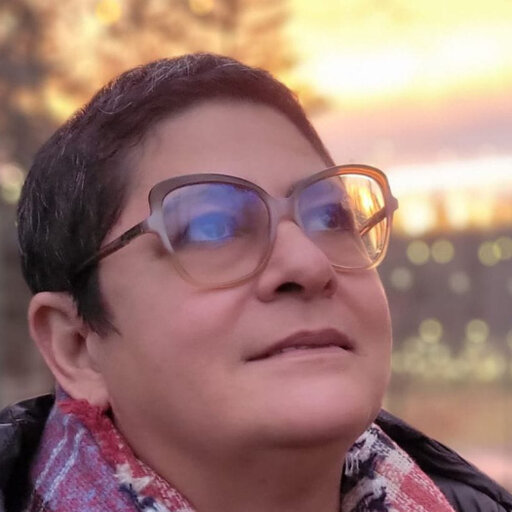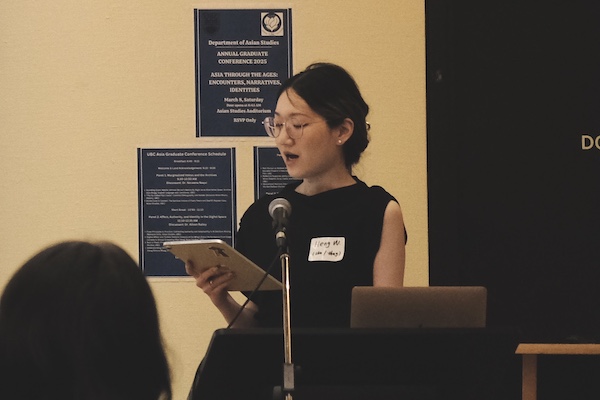Call for a Massive International Humanitarian Emergency Assistance
History has repeated itself many times in Sudan.
Simply watching the gross atrocities and human rights violations — taking place in the aftermath of Sudan’s long history of colonialism, conflicts, and violence – is not an option.
It was in the 2000s, about a quarter of a century ago, that the “Save Darfur” movement was created to end the genocide of hundreds and thousands of people. The international community, with the help of more than 190 faith-based organizations, over 1 million activists, hundreds of community groups, and some familiar Hollywood celebrities, gathered to help end Darfur’s systematic violence, particularly against Masalit ethnic minority women in western Darfur.
In December 2018, declining in economic opportunity and rising food prices coincided with Sudan’s autocratic regime sparked popular protests across Sudan. Protests were led by Sudanese youth, with young women at the forefront, aided by grassroots resistance committees yearning for political change and using the slogan “freedom, peace, justice”.
The Sudanese revolution is not limited to a single event or group. Rather, it is an accumulation of 30 years of different forms of struggles and resistances by many subjugated groups. The April 2019 phase of the Sudanese Revolution overthrew longtime dictator Omar al-Bashir, creating an opportunity for a democratic transition. A civilian–military coalition government was formed to steer the country through the transition, based on power-sharing between a broad-based civilian coalition led by the Forces of Freedom and Change (FFC) and the military and security forces of the defunct regime.
Less than five years into Sudan’s democratic transition, the civilian-military coalition government failed due to disagreement among partners. On October 25, 2021, the Sudanese Armed Forces-led coup under the leadership of General Abdel Fattah al-Burhan dissolved civilian-led political institutions and saw the detention of Prime Minister Abdalla Hamdok and other leading politicians. On 15 April 2023, Sudan is again in a protracted civil war involving the Sudanese army and a paramilitary group known as the Rapid Support Forces (RSF), successors of the Janjaweed (camel riding knights), who were largely responsible for the Darfur genocide. Gruesome violence, rape of women and children, gross human rights abuses, and untold atrocities erupted, inflicting egregious human suffering and destruction of homes, private businesses, public institutions and infrastructure. Hunger from famine caused by the war, looting, ransacking of homes, and wanton killing are an unbearable daily ordeal for millions of internally displaced people (IDP) or those seeking refuge in neighboring countries.
The situation on the ground in Sudan calls for urgent, massive international humanitarian assistance to meet people’s basic needs and alleviate the suffering of Sudanese people who live in desperate, inhumane, and life-threatening conditions. Immediate support towards a massive humanitarian emergency assistance, and long-term stable civilian-led government are necessary so the fate of Sudanese people remains in their hands, not in the hands of highly militarized local forces, or external forces fueling the war for known geopolitical interests.
The Sudanese people deserve unwavering international support, solidarity and empathy as they live, work, and pray in freedom for a future of peaceful, stable, and prosperous Sudan free from violence and where Sudanese enjoy equal citizenship rights without discrimination based on race/ethnicity, gender, religion, or class.
This statement on Sudan is issued by faculty members within the Institute for Gender, Race, Sexuality and Social Justice. The statement does not represent the views of UBC, or any of its departments or other constituent units and the faculty members issuing this statement recognize that there are or may be dissenting viewpoints within the unit.


